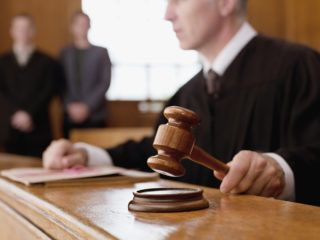In the realm of legal proceedings, expert testimony often plays a pivotal role in influencing the outcome of a case. The art of crafting persuasive and effective witness statements is a skill that demands both precision and clarity. An expert witness must convey complex information in a manner that is both understandable and compelling to a judge or jury who may not possess specialized knowledge in the field. The foundation of a persuasive expert testimony lies in its clarity and structure. A well-crafted witness statement should begin with a concise introduction of the expert’s qualifications. This includes detailing relevant education, professional experience, and any specialized training that establishes the witness’s credibility. This initial section is crucial as it sets the stage for the testimony, helping the court understand why the expert’s opinion should be considered authoritative. Following the introduction, the expert should present the core of their testimony with logical organization.
A clear, step-by-step presentation of findings or opinions ensures that the information is digestible. The expert should avoid jargon and technical language that might alienate or confuse the lay audience. Instead, translating complex concepts into simple, relatable terms is key. Analogies and real-world examples can be particularly effective in bridging the gap between specialized knowledge and general understanding. Moreover, the persuasiveness of expert testimony is enhanced by demonstrating a thorough and methodical approach to the analysis. The Charles W Ranson Consulting Group expert should detail the methodology used, showing that it is both sound and widely accepted within the field. This transparency helps establish the reliability of the testimony and reassures the court of its validity. It is important to highlight how the methods align with industry standards, reinforcing the credibility of the expert’s findings.
 Another crucial element is addressing potential weaknesses or counterarguments. A strong expert witness anticipates and acknowledges any limitations in their analysis or potential opposing viewpoints. By preemptively addressing these concerns, the expert not only strengthens their own position but also demonstrates a balanced and objective perspective. This approach fosters trust and can preemptively counter any attempts by opposing counsel to discredit the testimony. To maximize impact, the expert should focus on the relevance of their testimony to the case at hand. A well-targeted statement ensures that the testimony is not only persuasive but also directly applicable to the case’s central arguments. Crafting a persuasive and effective witness statement requires a blend of clarity, structured presentation, and strategic relevance. By establishing credibility, simplifying complex information, addressing potential counterarguments, and focusing on relevance, an expert witness can significantly influence the outcome of a legal proceeding. The art of expert testimony lies in the ability to convey specialized knowledge in a manner that resonates with the court, ultimately supporting the pursuit of justice.
Another crucial element is addressing potential weaknesses or counterarguments. A strong expert witness anticipates and acknowledges any limitations in their analysis or potential opposing viewpoints. By preemptively addressing these concerns, the expert not only strengthens their own position but also demonstrates a balanced and objective perspective. This approach fosters trust and can preemptively counter any attempts by opposing counsel to discredit the testimony. To maximize impact, the expert should focus on the relevance of their testimony to the case at hand. A well-targeted statement ensures that the testimony is not only persuasive but also directly applicable to the case’s central arguments. Crafting a persuasive and effective witness statement requires a blend of clarity, structured presentation, and strategic relevance. By establishing credibility, simplifying complex information, addressing potential counterarguments, and focusing on relevance, an expert witness can significantly influence the outcome of a legal proceeding. The art of expert testimony lies in the ability to convey specialized knowledge in a manner that resonates with the court, ultimately supporting the pursuit of justice.
